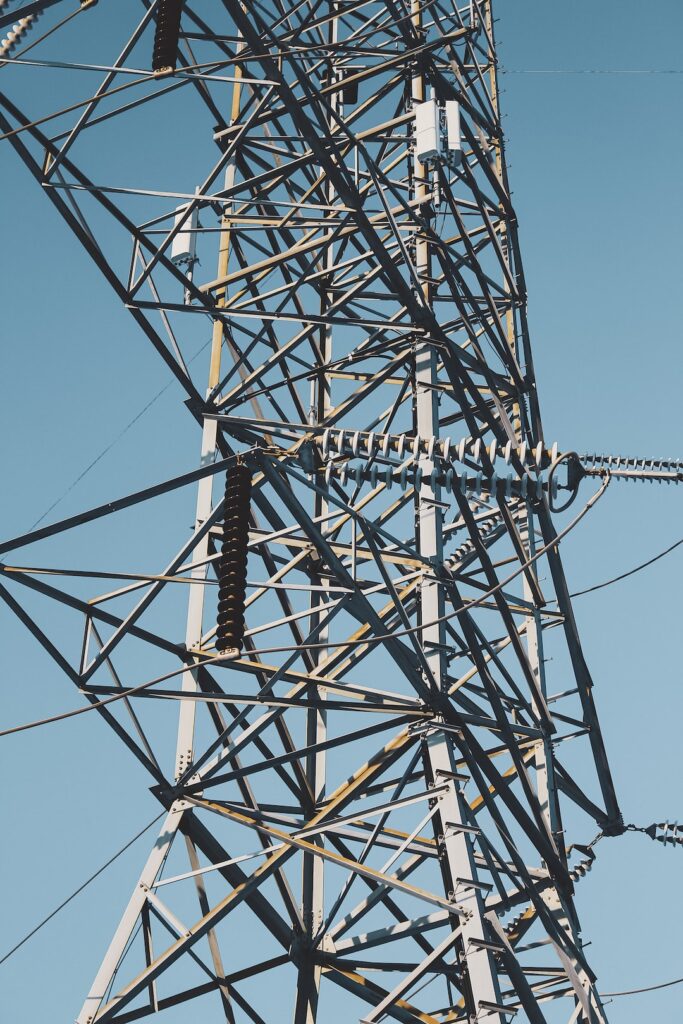These are the 10 sums for practice:
✔You are advised to first solve the sums without taking the help of the solution. Thereafter see the solution and check it.
👉These are the solutions to the 10 problems related to the Heating Effect of Electric Current for Grade 10 students. If you have any more questions or need further explanations, please feel free to ask.
4.2 joule=1 calorie. Use this relation to convert into calories.
This is your task.
Problem 1: A 200-ohm resistor is connected to a 12-volt battery. Calculate the heat produced when a current of 0.5 amperes flows through it for 3 minutes.
Solution: Given: Resistance (R) = 200 ohms Voltage (V) = 12 volts Current (I) = 0.5 amperes Time (t) = 3 minutes = 180 seconds
Using the formula for heat produced (H): H = I^2 * R * t
H = (0.5)^2 * 200 * 180 H = 5 * 200 * 180 H = 180,000 joules
So, the heat produced is 180,000 joules.
Problem 2: If a 100-watt electric bulb is turned on for 2 hours, how much heat is produced?
Solution: Given: Power (P) = 100 watts Time (t) = 2 hours = 7200 seconds
Using the formula for heat produced (H): H = P * t
H = 100 * 7200 H = 720,000 joules
So, the heat produced is 720,000 joules.
Problem 3: A 5-ohm resistor is connected to a 9-volt battery. Calculate the current passing through the resistor and the heat produced in 2 minutes.
Solution: Given: Resistance (R) = 5 ohms Voltage (V) = 9 volts Time (t) = 2 minutes = 120 seconds
Using Ohm’s law to find current (I): I = V / R I = 9 / 5 I = 1.8 amperes
Using the formula for heat produced (H): H = I^2 * R * t
H = (1.8)^2 * 5 * 120 H = 1.44 * 5 * 120 H = 864 joules
So, the current passing through the resistor is 1.8 amperes, and the heat produced is 864 joules.
Problem 4: A heating element has a resistance of 20 ohms. If a current of 2 amperes passes through it, calculate the heat produced in 5 minutes.
Solution: Given: Resistance (R) = 20 ohms Current (I) = 2 amperes Time (t) = 5 minutes = 300 seconds
Using the formula for heat produced (H): H = I^2 * R * t
H = (2)^2 * 20 * 300 H = 4 * 20 * 300 H = 24,000 joules
So, the heat produced is 24,000 joules.
Problem 5: A 12-volt battery is connected to a 4-ohm resistor. Calculate the power dissipated as heat in the resistor.
Solution: Given: Voltage (V) = 12 volts Resistance (R) = 4 ohms
Using Ohm’s law to find current (I): I = V / R I = 12 / 4 I = 3 amperes
Using the formula for power (P): P = I^2 * R
P = (3)^2 * 4 P = 9 * 4 P = 36 watts
So, the power dissipated as heat in the resistor is 36 watts.
Problem 6: A hairdryer has a power rating of 1200 watts. Calculate the heat produced by the hairdryer in 10 minutes of operation.
Solution: Given: Power (P) = 1200 watts Time (t) = 10 minutes = 600 seconds
Using the formula for heat produced (H): H = P * t
H = 1200 * 600 H = 720,000 joules
So, the heat produced by the hairdryer is 720,000 joules.
Problem 7: A 6-volt battery is connected to a 3-ohm resistor. Calculate the current passing through the resistor.
Solution: Given: Voltage (V) = 6 volts Resistance (R) = 3 ohms
Using Ohm’s law to find current (I): I = V / R I = 6 / 3 I = 2 amperes
So, the current passing through the resistor is 2 amperes.
Problem 8
A circuit has a total resistance of 30 ohms, and a current of 4 amperes flows through it. Calculate the heat produced in 15 minutes.
Solution:
Given:
- Total Resistance (R_total) = 30 ohms
- Current (I) = 4 amperes
- Time (t) = 15 minutes = 900 seconds
First, find the equivalent resistance of the circuit.
Using Ohm’s Law: V = I * R
V = 4 * 30 V = 120 volts
Now, use Joule’s Law: H = I^2 * R_total * t
H = (4)^2 * 30 * 900 H = 16 * 30 * 900 H = 432,000 joules
So, the heat produced in the circuit is 432,000 joules.
Problem 9: A 250-ohm resistor is connected to a 24-volt battery. Calculate the heat produced when a current of 0.2 amperes flows through it for 10 minutes.
Solution: Given: Resistance (R) = 250 ohms Voltage (V) = 24 volts Current (I) = 0.2 amperes Time (t) = 10 minutes = 600 seconds
Using the formula for heat produced (H): H = I^2 * R * t
H = (0.2)^2 * 250 * 600 H = 0.04 * 250 * 600 H = 6,000 joules
So, the heat produced is 6,000 joules.
Problem 10: A 15-ohm resistor is connected to a 12-volt battery. Calculate the power dissipated as heat in the resistor and the current passing through it.
Solution: Given: Resistance (R) = 15 ohms Voltage (V) = 12 volts
Using Ohm’s law to find current (I): I = V / R I = 12 / 15 I = 0.8 amperes
Using the formula for power (P): P = I^2 * R
P = (0.8)^2 * 15 P = 0.64 * 15 P = 9.6 watts
So, the power dissipated as heat in the resistor is 9.6 watts, and the current passing through it is 0.8 amperes.
These are the solutions to the 10 problems related to the Heating Effect of Electric Current for Grade 10 students. If you have any more questions or need further explanations, please feel free to ask. More hard problems will be published in the next post. Good by. Take care and study hard to success.:🤷♀️


